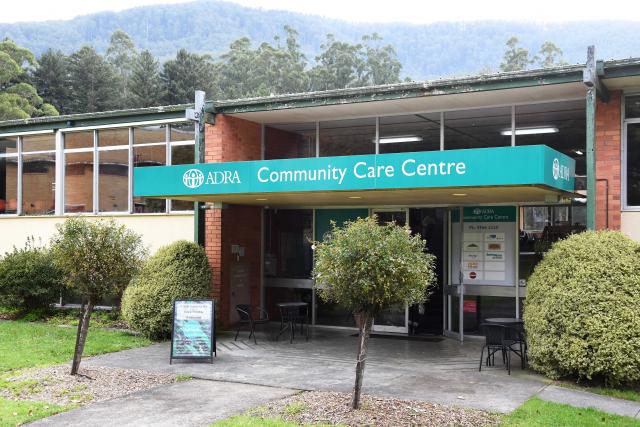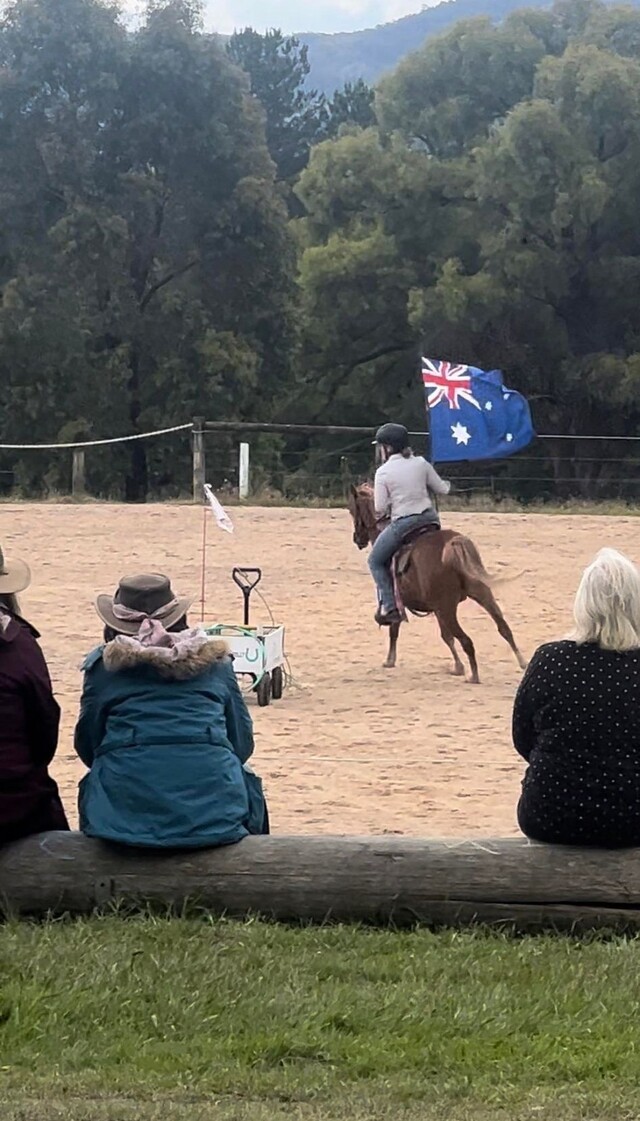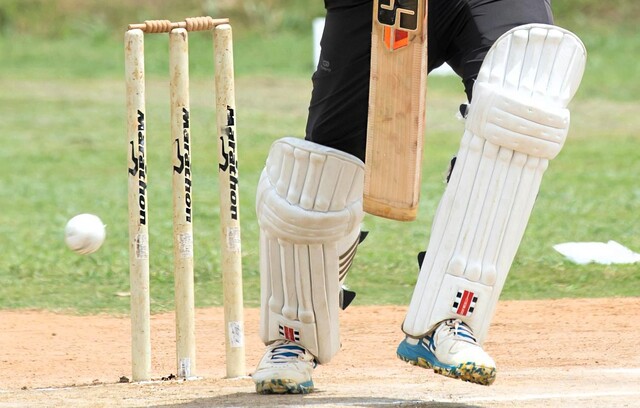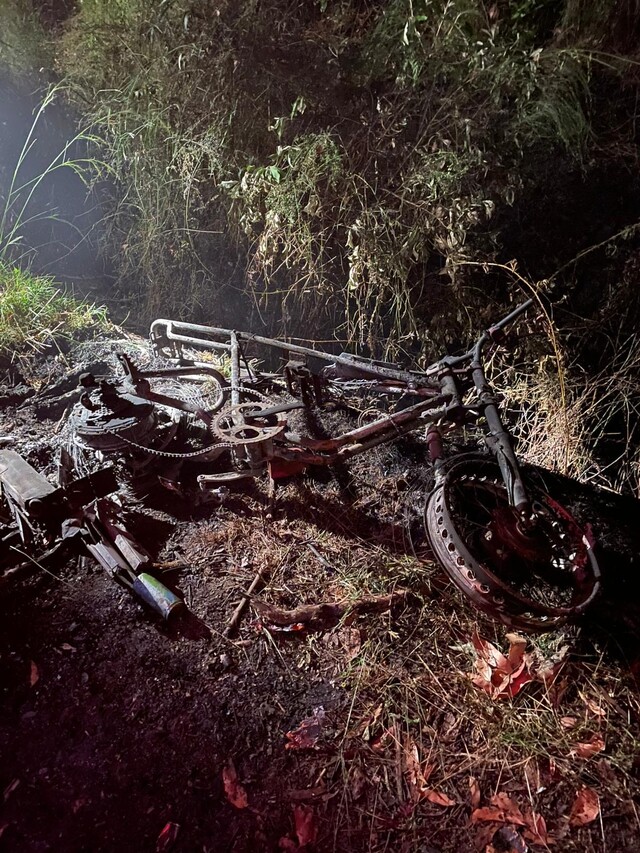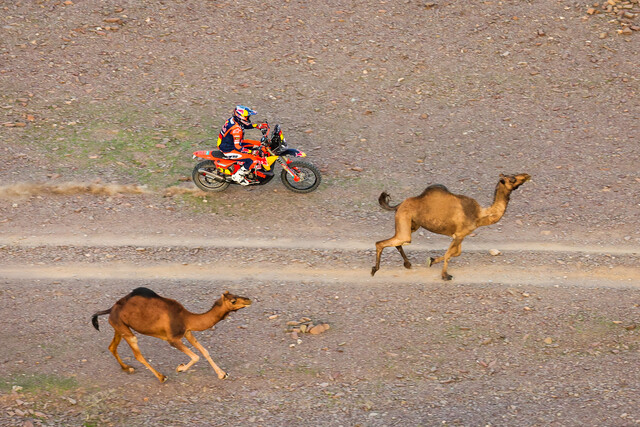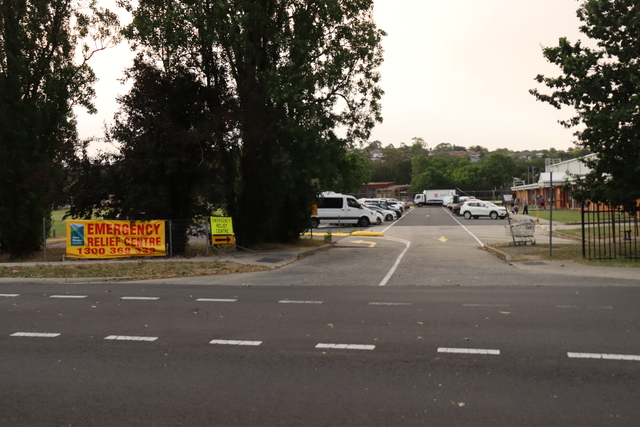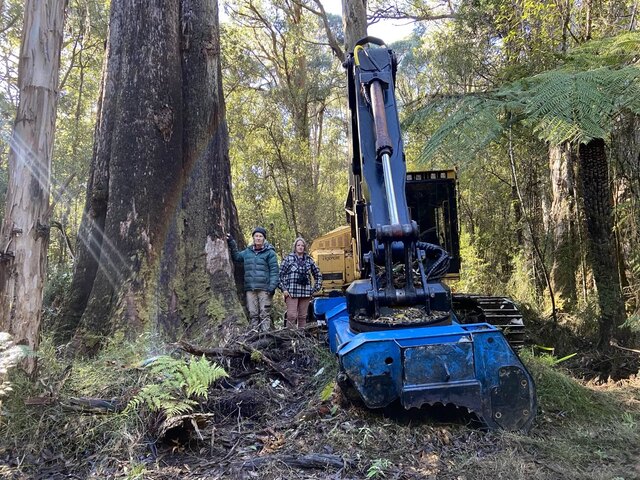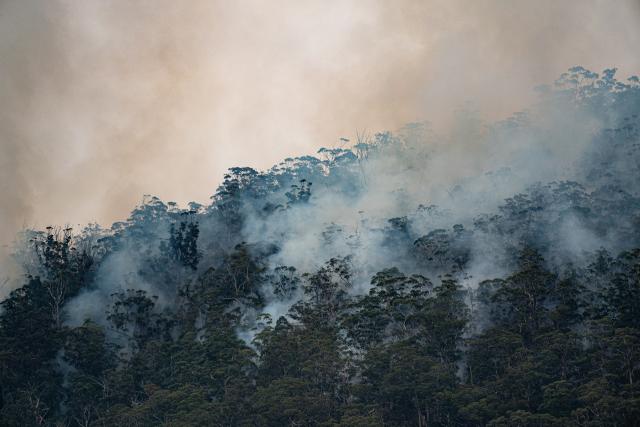By Kath Gannaway
NARBETHONG Fire Brigade is a typical, small rural brigade, but a ring-around on the Friday night meant they had a crew in place for Black Saturday, and a replacement crew, if needed.
But that was for a bushfire, not, as it turned out, the monstrous inferno that came raging across from Murrindindi with an intensity that was unstoppable.
The town of around 280 people lost four of its own, and three people camping in the bush also died.
About 70 per cent of the houses were razed, six of them the homes of brigade members, along with sawmills, tourist businesses, the local hall, countless farm sheds and kilometres of fencing.
Looking out from the fire station, which miraculously survived, brigade captain Ray Eastaugh looks towards Murrindindi and notes it’s just 15 kilometres as the crow flies.
It was no distance at all for a fire which set unprecedented speed records and in a landscape which had had every drop of moisture sucked out of it.
Robert Bean has been in the brigade for five years. He lives alone in North Creek Road and, like most the brigade members, he stayed close to home on the Saturday, preparing for the worst.
“I was doing normal stuff, checking gutters and making sure the pumps worked … because of the conditions,” he said. “In the end it didn’t matter … it all turned to crap anyway,” he says with a shrug of resignation.
His water supply failed under the intense heat and he was forced to retreat inside as the fire descended on the house at around 4.45pm. “One end of the house was on fire so I sealed that off and worked my way to the other end until the front had gone past,” he said.
Crawling on his hands and knees through the smoke, he made it outside.
“I saw that my workshops and sheds had gone and the house was pretty much gone too,” he said.
With 500 litres of water on his slip-on (utility) he headed towards the township to do whatever he could.
His loss turned out to be a life-saver for another brigade member, Dave Nicholls.
He had sent his family down the Black Spur just 20 minutes before the fire front came through – ironically, to his parents’ home in Chum Creek.
Unable to save his house he fled in his burning ute, but abandoned it when, blinded by the thick smoke, he crashed into a fallen tree.
“I saw the ute on the road and two or three hundred metres further on, in the smoke, I just happened to see Dave’s yellow arm with a briefcase,” Rob said. “He was surrounded by fire.”
The ‘briefcase’ was in fact Dave and his wife, Nicole’s, wedding album.
“It’s the only thing we have left … the only thing I could save,” said Dave who only hours later was in Chum Creek, reunited with his family, but battling to help save his parents’ house.
Ray and his wife, Sarah, also a brigade member, were also preparing for the onslaught.
From their hilltop house they could see the fire coming and made a desperate bid to save Sarah’s two horses which were in a back paddock.
Ray said ultimately, all they could do was set them free as the speed of the fire forced them back to the house to protect their four children.
Having battled the fire front once, the Eastaughs were again thrown into its path when the wind changed.
It was indeed the ‘ill-wind’. While the Eastaugh family faced the second attack, the change had turned the fire as it raced towards the Black Spur Inn where many of the district’s residents were sheltering.
There is little doubt it saved the pub and the nearby caravan park, but it was also the wind that hurtled the fire into Marysville.
Ray said there was no thought as the fire bore down on the town of activating the brigade.
“Everyone was in the same situation, trying to save their own places and their own lives,” he said.
It was around 6pm when the remnants of the brigade came together – Ray and his son Sean, 15 at the time, and three members who had lost their homes.
“The front had gone through so it was then a matter of minimising any further damage,” Robert said. With buildings and bush burning, thick, acrid smoke, trees down, and still falling, their focus was to find any survivors and get them to safety.
The tanker became a taxi, ferrying people to the hotel and to Mystic Mountains Ski-Hire where owner and brigade member Rosemary Sisson had provided a refuge for about 30 fleeing residents and tourists.
The building survived despite the fire lapping at the back door and demolishing other homes and businesses all around.
Sunday morning was eerie.
“It was a strange day,” said Ray. “No sound, no birds in the air, no insects; it was quite depressing driving around the district … we were looking for bodies, or for survivors.
The extent of the devastation was confronting.
“Obviously, given the weather conditions the potential was there for anything to happen,” Ray said.“But I think the ferocity of it came as a surprise just the same. It was beyond anything we could have pictured in our minds … just the sheer number of buildings burnt, the lives lost; it came as a shock.”
Bracing for the inferno
Digital Editions
-

Shop locat at Millgrove Market this Saturday
The Millgrove Residents Action Group’s popular Millgrove Market is on this Saturday, 17 January. It is located next to the Wesburn-Millgrove CFA and goes from…

